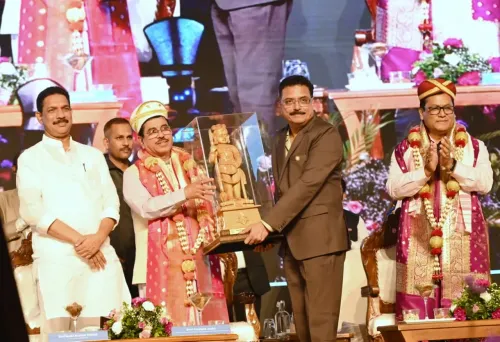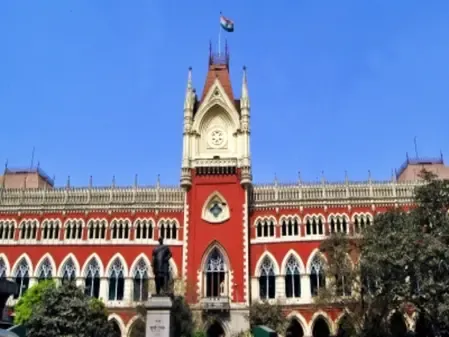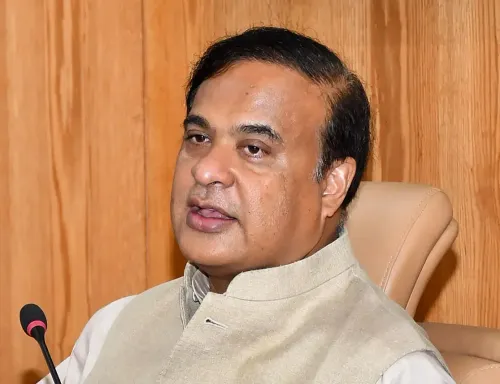Is India Shifting Its Anti-Terror Strategy?

Synopsis
Key Takeaways
- New anti-terror strategy emphasizes zero tolerance.
- Direct responses to cross-border attacks are mandated.
- No dialogue with Pakistan unless focused on terrorism.
- Political unity is essential for a robust response.
- India will not succumb to nuclear threats.
New Delhi, July 28 (NationPress) External Affairs Minister S. Jaishankar has detailed a significant transformation in India's approach to cross-border terrorism, dubbing it a “new normal” that allows no compromise on national security.
During a special session in the Lok Sabha regarding Operation Sindoor on Monday, Jaishankar presented a five-point framework that redefines India's stance on Pakistan-sponsored terrorism.
“This is not business as usual anymore,” Jaishankar stated.
“Operation Sindoor marks a pivotal moment. We are moving beyond strategic restraint - we are establishing new terms.”
He elaborated on this changing doctrine: Terrorists will no longer be regarded as proxies, cross-border assaults will incur direct and fitting responses, dialogue will only occur on terrorism - peace talks and terror cannot coexist, India will not yield to nuclear threats, and friendly relations are incompatible with terrorism - blood and water cannot flow together.
Jaishankar emphasized that these principles will direct all future interactions with Pakistan, indicating a firm national security posture.
Amid discussions about external mediation, Jaishankar firmly dismissed any notion that the U.S. played a role in alleviating tensions between India and Pakistan following the Pahalgam terror incident.
"Let me be unequivocally clear - Washington had no involvement in de-escalating the situation in May," he asserted.
He clarified that during that time, Prime Minister Narendra Modi and then-U.S. President Donald Trump communicated only twice: first on April 22, the day of the Pahalgam attack, and again on June 17 while PM Modi was in Canada.
“There was no call in between,” he said, dispelling any idea of American influence.
Jaishankar also refuted claims that trade discussions were connected to the conflict or factored into any exchanges between India and the U.S. during that period.
He highlighted the importance of political unity within India in combating terrorism.
“We will only achieve zero tolerance against terrorism if we have a unified voice at home,” he stated, calling on opposition parties to transcend partisanship.
He pointed out the conduct of Indian parliamentary delegations abroad as a standard.
“They stood united while engaging with foreign governments during Operation Sindoor. I hope that same spirit is reflected here in this House,” he noted.









